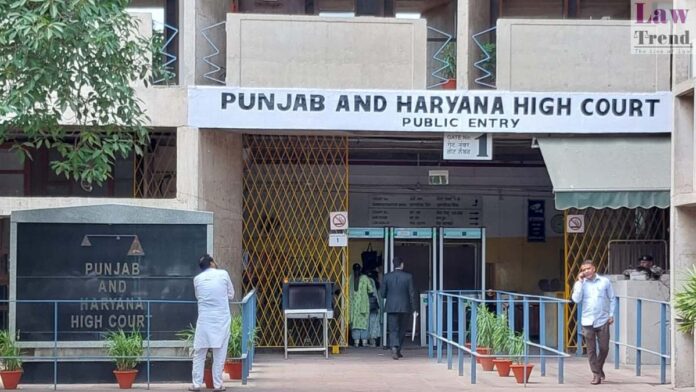The Punjab and Haryana High Court, in a significant ruling, granted a war widow the full arrears of the Liberalized Family Pension (LFP), dating back to January 31, 2001. Setting aside limitations imposed by the Armed Forces Tribunal, the court underscored the principle that an indefeasible right cannot be denied due to procedural delays. The
To Read More Please Subscribe to VIP Membership for Unlimited Access to All the Articles, Download Available Copies of Judgments/Order, Acess to Central/State Bare Acts, Advertisement Free Content, Access to More than 4000 Legal Drafts( Readymade Editable Formats of Suits, Petitions, Writs, Legal Notices, Divorce Petitions, 138 Notices, Bail Applications etc.) in Hindi and English.




